

2018-12-11 10:34:06 Tue ET
technology antitrust competition bilateral trade free trade fair trade trade agreement trade surplus trade deficit multilateralism neoliberalism world trade organization regulation public utility current account compliance
Several eminent American China-specialists champion the key notion of *strategic engagement* with the Xi administration. From the Hoover Institution at Stanford to the Asia Society Center on U.S.-China Relations, these specialists contribute to the collective wisdom of a comprehensive report on new U.S. precautions against Chinese efforts that might undermine democratic values. In promoting constructive vigilance to better balance Sino-American influences and interests, these pundits and experts urge U.S. government agencies, public organizations, think tanks, and other institutions to adopt more aggressive measures in order to prevent the risk of economic espionage by China.
The Chinese communist party-state now leverages a broad variety of party, state, and non-state agencies to advance its economic interests and influences. In recent years, the Xi administration has significantly accelerated its investments in critical tech inventions from Internet search and e-commerce to social media and artificial intelligence etc. China often uses its domestic companies to gain access to foreign critical infrastructure and technology.
The Xi administration has made U.S. corporate access to its massive mainland market almost conditional on strict compliance with mainland regulations that favor both domestic employment and technological diffusion. This strategic issue calls for serious socioeconomic consideration in light of the interim 90-day trade truce between China and America.
If any of our AYA Analytica financial health memos (FHM), blog posts, ebooks, newsletters, and notifications etc, or any other form of online content curation, involves potential copyright concerns, please feel free to contact us at service@ayafintech.network so that we can remove relevant content in response to any such request within a reasonable time frame.
2018-08-03 07:33:00 Friday ET
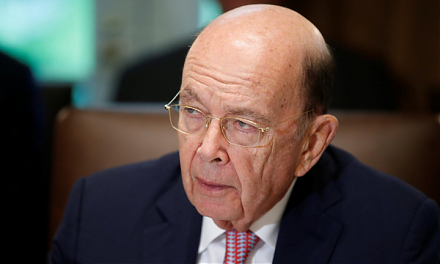
President Trump escalates the current Sino-American trade war by imposing 25% tariffs on $200 billion Chinese imports. These tariffs encompass chemical prod
2017-11-07 09:38:00 Tuesday ET
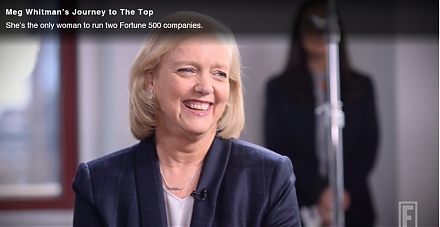
HPE CEO Meg Whitman has run both eBay and Hewlett Packard within Fortune 500 and now has decided to step down after her 6-year stint at the technology giant
2019-11-03 12:30:00 Sunday ET
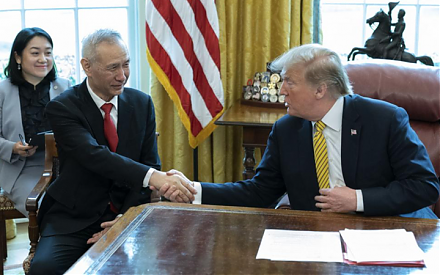
Chinese trade delegation offers to boost purchases of U.S. agricultural products to reach an interim trade deal with the Trump administration. Chinese Vice
2019-12-07 11:30:00 Saturday ET
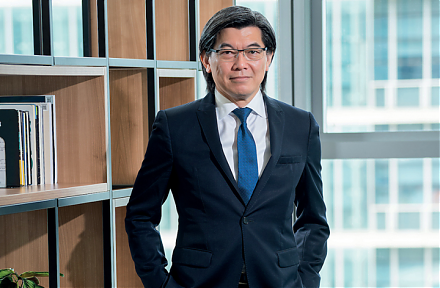
China turns on its 5G telecom networks in the hot pursuit of global tech supremacy. China Telecom, China Unicom, and China Mobile disclose 5G fees of $18-$2
2019-07-27 17:37:00 Saturday ET
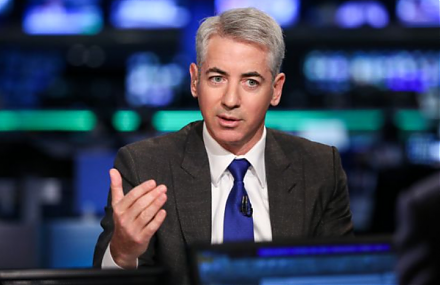
Capital gravitates toward key profitable mutual funds until the marginal asset return equilibrates near the core stock market benchmark. As Stanford finance
2017-02-07 07:47:00 Tuesday ET

With prescient clairvoyance, Bill Gates predicted the recent sustainable rise of Netflix and Facebook during a Playboy interview back in 1994. He said th